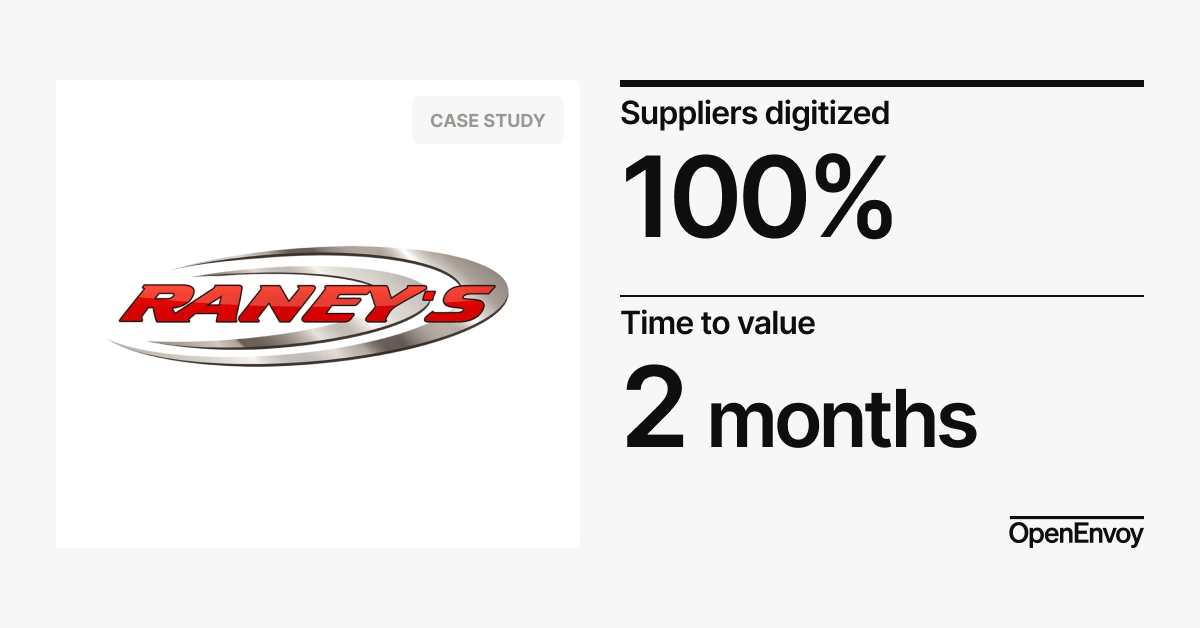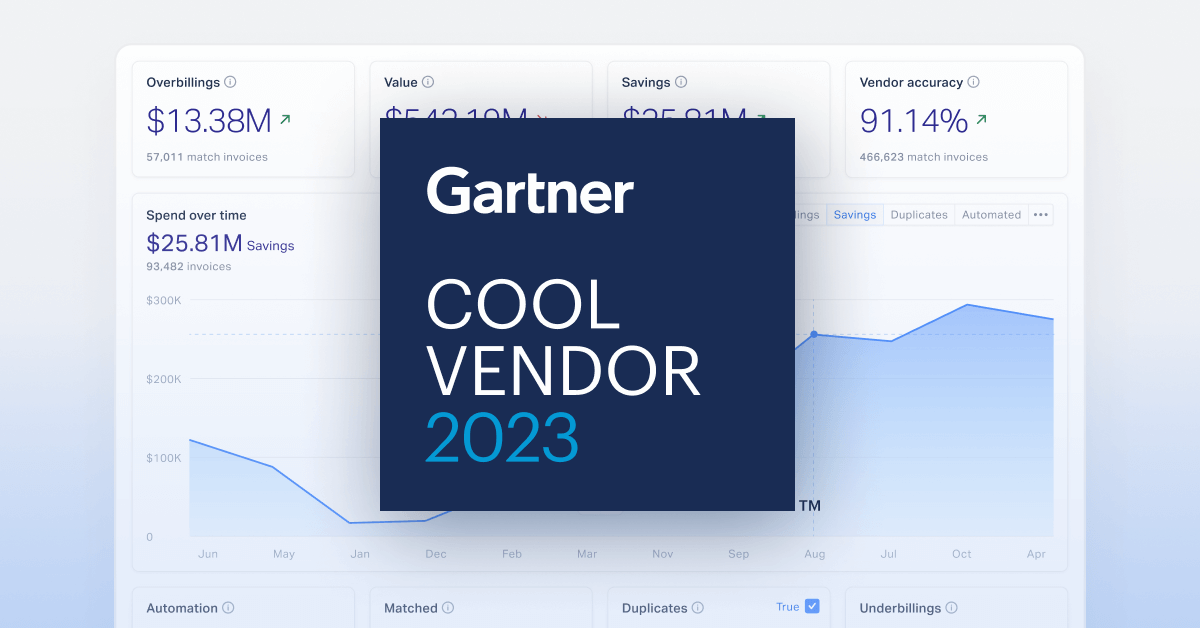

If you’re going to market for AP Automation, Invoice Capture, or Intelligent Document Processing, it’s time to review your RFP template to make sure that your evaluation includes the latest AI innovations. The market is changing quickly, and it’s critical that you get the best provider to help you drive your strategy.
New AI technology including machine learning and computer vision let companies expand their visions for what AP projects can deliver. Gone are the hurdles of the past including OCR templates, supplier enablement, manual PO coding, and manual supplier price catalogs. With Applied AI, companies can:
- Capture 100% of supplier invoices with no supplier enablement or ramp up
- Support international growth, capturing invoices and documents in many languages
- Process both PO-backed and non-PO invoices with no manual work in Finance
- Match invoices directly to contracts and price sheets to spot supplier overbilling
- Eliminate losses to fraud and duplication
Previously, the main focus of many automation projects was simply to let the company scale without having to add as many people in Accounts Payable. Now, with real-time audit, companies are seeing year-one payback from the money they save in other areas.
To make sure that you get the right capabilities to support your AP initiative, here are some important questions to include in your next RFP:
Questions for Evaluating AP Vendors:
Invoice Capture
- What is your accuracy rate for invoice digitization?
- What is your coverage rate for invoice digitization? Do you capture all content?
- Do you capture line items or only header information?
- What file types do you capture? PDFs, image scans, Word documents, others? Emails and text messages? PDFs containing multiple invoices?
- Do you support direct integrations with suppliers for capture, including cXML and EDI?
Fraud/duplicates
Do you offer real-time fraud or duplicate checking? Do checks extend to the line-item level? Across multiple invoices?
Languages
What languages are supported?
Coding
Do you offer GL coding automation for non-PO invoices?
Matching
- Do you offer touchless matching to POs and Receipts? (2 and 3-way match)?
How is the information captured from POs and Receipts for matching? - Do you offer touchless matching for non-PO invoices?
- How many documents can you match to? What are some customer examples of matching beyond 3-way?
- What types of documents do you digitize for matching (invoices, POs, receipts, contracts, rate sheets, etc.)?
- How long does it take to perform a full audit of freight and logistics spend?
Integration
- What ERP systems do you integrate with?
- How do you capture information from 3rd-party systems to reconcile variable pricing, such as tariffs?
AI Training
- How many documents does it take to train the AI model?
- How are transactions with low confidence scores handled? Who is responsible for addressing this?
Workflows
- Do you support workflows? What are the most important workflows?
- Do you support dispute resolution?
Reporting
- Do you provide standard reports on AP process efficiency, fraud detection, duplicates, overbilling, and payment terms?
- Do you provide standard reports to support accruals?
- Do you provide spend visibility reporting?
- Do you provide supplier performance reporting (overbilling, disputes, dispute correction rate)
These RFP questions will help you understand if the providers you’re considering have embraced recent developments in AI technology including machine learning and computer vision. While the differences between providers may seem small, selecting the right provider can mean the difference between your team being responsible for training the system’s AI vs. the provider being responsible. Or, the difference between sending an invoice vs. sending a pre-audited invoice to managers across your business for approval.
To find out more about how OpenEnvoy can help you address these requirements, please contact us.
Serious about protecting your cashflow?















